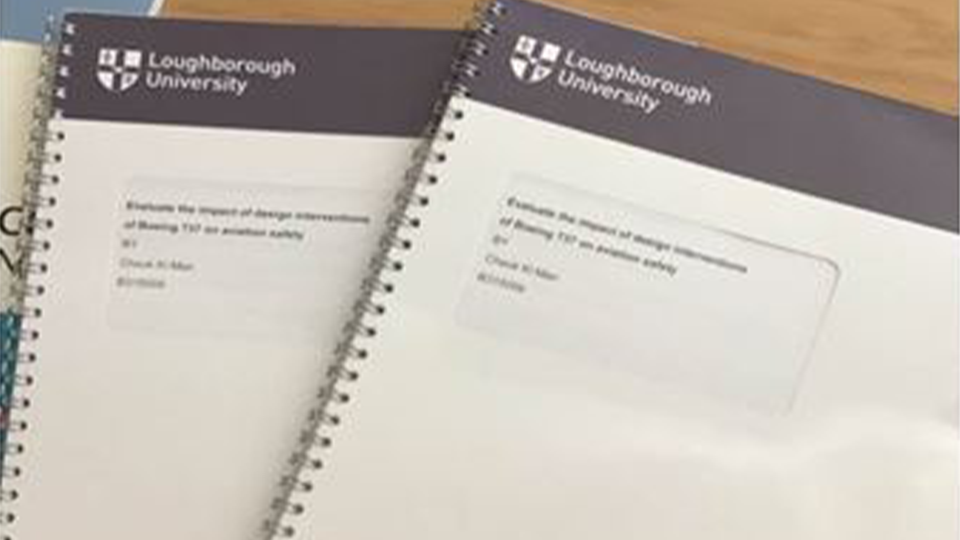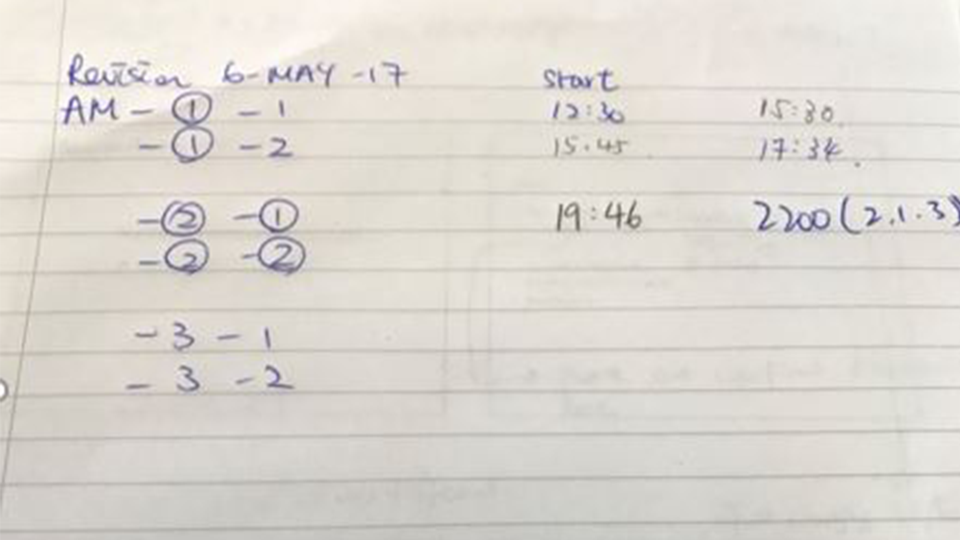Time to work!

Hi Guys! Hope you all enjoyed your Easter break. I had a really good time at home in Prague and at home. However, all good times must come to an end with my dissertation deadline approaching.
Since I came back to UK in 27th April, I only had 6 days left before my dissertation submission. 17,500 words have to be done by then. Although I have completed a huge chunk of work beforehand, there was still a long way to go such as refining my results, customising the dissertation and printing etc. Obviously, I was mentally drained after I have completed most part of my dissertation. What’s worse was that I have underestimated the amount of work that I had to complete in the last 6 days before dissertation hand-in. Enough moaning, I told myself that I must complete the work no matter how. Then, I spent 6 consecutive days in a row working from morning 9 a.m. and till the next day morning 2 a.m. Finally, my dissertation was completed in 2nd May 4a.m.

I felt relieved, yet exhausted. I have never felt so tired in my life that I would collapse anytime with so much mental input devoted in this dissertation. Even though, writing a dissertation was such a big learning curve for me in managing a big project on time as well as developing problem solving skills. The whole dissertation process ended after I handed-in my work. It was a massive relief for me and I was proud of myself with achieving one of the milestones in university life.
After dissertation hand-in, it marks the business end of this semester with the approaching of the exam season. Therefore, I am going to share my top 5 tips in revision in this blog aggregated from my past experiences in exam preparation.
1. Backward planning
After I have got the exam timetable, I will devise a plan for revision by planning revision activities before exam happens. For example, in Airport Management, I would start revision around 10 days before the exam where I dedicate 3 days in writing notes, 3 days in remembering the main content and 4 days in doing past paper. With a solid plan, I would have a rough idea on getting my preparations before it gets too late.
2. Time keeping in revision
Having a revision plan gives you a brief idea on how many days you are going to revise. To ensure the effectiveness of the revision plan, a daily time keeper in revision is needed. Basically, a daily time keeper recorded the start and end time in revision. With revision time keeper, we can estimate the approximate duration for revising the whole chapter and we can strategically decide what time to rest. Thus, having a time keeper would prevent us from panicking about not having enough time in revision.

3. Blank paper memory recall
After revising a chapter, I find it particular useful to use a piece of blank paper to write down the main points of the chapter as detail as possible. After all, an exam is a short term memory recall game. This blank paper method can consolidate our knowledge and quickly identify the parts that we do not have a solid knowledge base in. By repeating this practice for couple of times, we would be able to remember all the essence of a chapter.
4. Read out loud
Most of the students tend to stare at the revision notes and attempt to remember the main contents in revision. This method is appreciated by visual learners; however, our minds can still wander off in looking at the revision notes instead of reading loud. Reading revision notes out loud automatically shifts our mind in focusing the contents of notes for which would be suitable for audio, visual and kinaesthetic learners.
5. Practice, practice and practice
The outcome of revision is to prepare the best for the exam. Therefore, revising past papers is one of the most important parts in preparing for an exam. By repeatedly completing the past paper questions, better exam techniques can be developed. Practice makes perfect and the quality of answers improve over time. By the time you feel comfortable in doing the practice exam papers, you are not far from achieving great results on the day.
Write a Reply or Comment